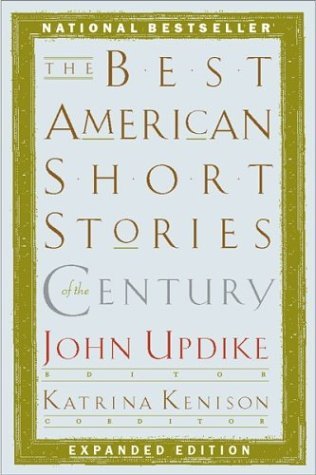4♠ 4♠ 4♠ 4♠ 4♠ 4♠ 4♠ 4♠
The Branch Bank sign tells you in lights, all night long even, what time it is and how hot. When it was quarter to four, and 92, that was me going by in my brother-in-law’s truck. He don’t deliver nothing at that hour of the morning.
The title of Eudora Welty’s short story “Where Is the Voice Coming From?” could be the question most readers might ask themselves while reading the story. Welty puts herself in the mind of a white man who assassinates a black civil rights activist. It takes a little reading before one completely gets that.

Whenever an author attempts to tell their point of view by using the opposite point of view, I get nervous that they will end up inadvertently being sympathetic to the person they are wanting to show as wrong or in this case just plain evil.
There’s no need to worry with this story or with this author. Welty shows the mind of racism as nothing but horrific:
Something darker than him, like the wings of a bird, spread on his back and pulled him down. He climbed up once, like a man under bad claws, and like just blood could weigh a ton he walked with it on his back to better light. Didn’t get no further than his door. And fell to stay.
I read this story when I selected the Four of Spades for Week 48 of my Deal Me In short story project. It’s included in The Oxford Book of American Short Stories edited by Joyce Carol Oates. My Deal Me In list can be found here. Deal Me In is sponsored by Jay at Bibliophilopolis.



